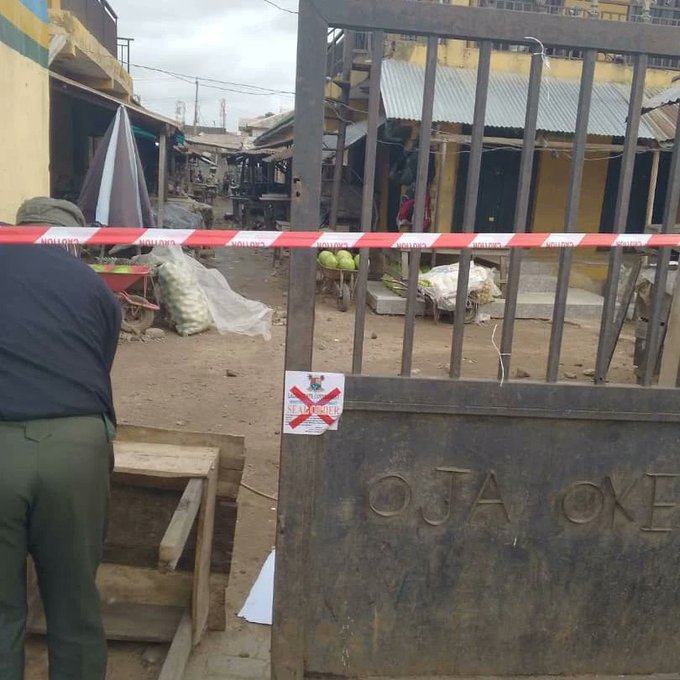A recent report has revealed that a staggering 179 million Nigerians are living in environments that lack cleanliness. This is a significant figure considering that many of these people live in conditions that are detrimental to their health and overall well-being.
The findings come from the seventh edition of the State of the Nigerian Environment (STONE) study, a comprehensive report that evaluates Nigeria’s environmental health and cleanliness. The STONE report, published on December 20, 2024, marks a slight improvement from the 183 million people reported to be living in unclean environments in 2023.
The report was made public by Mr. Ene Owoh, the National Coordinator of Clean-Up Nigeria (CUN), a non-governmental organisation committed to improving environmental cleanliness across the country. It was shared with the News Agency of Nigeria (NAN) during a presentation held in Abuja.
Report Highlights Environmental Challenges
According to Mr. Owoh, the study aimed to drive home the importance of improving environmental cleanliness and waste management practices in Nigeria. It included indicators designed to push for more effective environmental policies at all levels of government.
“The 2024 zonal rating is a crucial step in improving Nigeria’s national cleanliness index rating,” Owoh said. “It’s encouraging to see a slight improvement in some areas, like the reduction of open defecation, which dropped from 24 percent in 2023 to 20 percent in 2024.”
However, not all the news was positive. The report revealed that Nigeria’s efforts to recycle waste have declined. Recycling fell from 26 percent in 2023 to just 19 percent in 2024. Owoh pointed to rising poverty levels across the country as a contributing factor to this decline.
Growing Concerns Over Waste Recycling
Owoh explained that the decreasing focus on recycling is deeply worrying. “Waste recycling is essential for the country’s long-term environmental health,” he said. “With the challenges posed by poverty, many Nigerians are unable to access the resources needed for effective waste management, further complicating the issue.”
The report also shed light on the fact that only seven states across the country are meeting expectations in terms of personal hygiene and sanitation. While this is a positive development, it highlights the scale of the problem across the other states.
Akwa Ibom and Abuja Lead in Cleanliness
The study also highlighted the states that have made notable progress in maintaining clean environments. Akwa Ibom was ranked as the cleanest state in the South-South region, while Abuja led the nation’s capital in cleanliness. This performance is attributed to Akwa Ibom’s recent investments in better waste management equipment and improved sanitation efforts.
“Akwa Ibom has set a benchmark with their investments in waste management and sanitation,” Owoh said. “Their efforts are an example of how local governments can drive environmental sustainability when they prioritize it.”
The report also recognized the achievements of five other states: Enugu in the South-East, Lagos in the South-West, Plateau in the North-Central, Borno in the North-East, and Kaduna in the North-West. These states were acknowledged for their improvements in environmental cleanliness, and each received the prestigious STONE Green Crystal Award for their contributions.
Zonal Rating and Interstate Collaboration
In addition to the state-level rankings, the STONE report introduced a new zonal rating system. This system divides the country into regions to allow for a more targeted approach to addressing environmental challenges. Owoh explained that this zonal focus would help promote competition between states in each zone, driving local governments to adopt best practices.
“The zonal ratings will encourage states within each zone to collaborate, learn from each other, and compete to be cleaner,” Owoh said. “By using this system, we can ensure that the most relevant environmental policies are tailored to the specific needs of each zone.”
The six zonal champions were awarded the STONE Green Crystal Award during the Cleanest State Champions event held earlier in 2024. This event brought together environmental experts, local government representatives, and citizens committed to promoting cleaner, healthier communities.
Future Focus: Cleanliness and Sustainability
Owoh stressed that the STONE study is not just about identifying problems but about fostering positive change. “This study aims to spark action,” he said. “By focusing on both the successes and challenges in each zone, we can motivate citizens and local governments to improve their environmental practices.”
While there have been improvements in some areas, Owoh acknowledged that much work remains to be done. He called on all Nigerians to take responsibility for their local environments and participate in making the country cleaner.
“Environmental sustainability is everyone’s responsibility,” Owoh said. “We must all work together to create a cleaner and healthier Nigeria for future generations.”
As part of its advocacy for improved cleanliness and waste management, Clean-Up Nigeria continues to work with various stakeholders, including local governments and other NGOs, to raise awareness and implement solutions that address environmental issues.
The report also served as a reminder of the crucial role that governments, businesses, and citizens play in achieving long-term environmental health.

